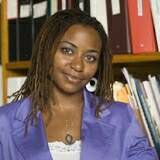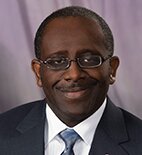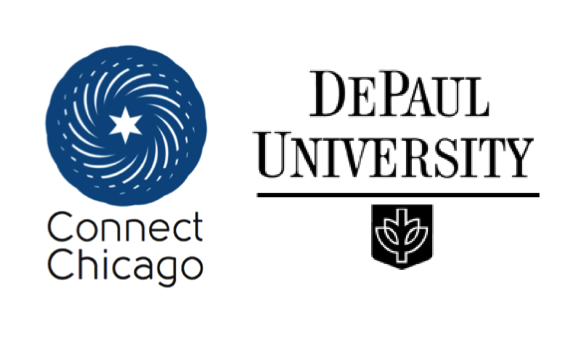Where can I bring my dog? How do I access that trail? Where can I go cross country skiing? Where can I have that big party? The Forest Preserves of Cook County in partnership with Smart Chicago has developed the Forest Preserves of Cook County interactive map. The Cook County Forest Preserves Map shows location and information about trails, points of interest, activities, and groves.
Some special features of interest:
- Uses GPS to find trails, points of interest, and activities near you and get directions.
- Users can search by activity, location name, city, and zip code.
- The page URL updates as you search or view location details. You can bookmark all the best places to fly model airplanes or share with friends that the picnic is at Schiller Woods-East. Because the page URL updates, the browser back and forward buttons can be used to go to the last search or view.
- Mobile friendly: The map is designed for both desktop and mobile use. On a mobile device, a user can toggle between list and map views.
- Search and filtering is local making it more reliable out in the field with an inconsistent mobile connection.
On 10/30/17, we rolled out the alerts functionality. The map will now show any alerts on the map detail panel. There is also a list version that is embedded on the Forest Preserves website under “Construction, Closures & Other Work“.
The web application is built on two pieces of source code: Trailsy and Trailsy Server, both pioneered by Code for America. All of the data used to power the site is open for all and can be followed on the project’s GitHub page. I am a long-time Smart Chicago Consultant and the main developer on the project who is also working closing with Cook County’s Department of Technology to tackle open data processes and policies countywide. This project was made possible with funding from the Centers for Disease Control and Prevention through the Healthy Hotspot initiative led by the Cook County Department of Public Health. Learn more at healthyhotspot.org.
So what can you do at the Cook County Forest Preserves? Here are 5 suggestions:
- Did you know that you can play Disc Golf at Cook County Forest Preserves Rolling Knolls Disc Golf Course in Elgin?
- Hike 16 miles through the North Branch Trail System Red Paved Trail.
- Check out the Kid’s Corner and Butterfly Garden at Sand Ridge Nature Center in South Holland.
- Go on a Treetop Adventure and Zip Line at Bemis Woods.
- Rent a boat at the Busse Lake Boating Center and explore Busse Lake.
Let us know what you think! Tweet to us @smartchicago and to me @joshkalov.


 In partnership with DePaul University and various Connect Chicago Meetup partners, Connect Chicago will be engaging directly with residents through Community Technology Forums.
In partnership with DePaul University and various Connect Chicago Meetup partners, Connect Chicago will be engaging directly with residents through Community Technology Forums. This September I had the opportunity to attend HUBweek and participate in the roundtable “#Tech4Democracy: Meet the Change Makers.” The event, hosted by the Harvard Ash Center, explored the potential and pitfalls of digital technology in realizing democratic values such as participation, transparency, accountability, responsiveness, and equal representation. I was honored to join amazing leaders in the field: Seth Flaxman from DemocracyWorks, Rey Faustian from One Degree, and Tiana Epps-Johnson from the Center for Technology and Civic Life right here in Chicago.
This September I had the opportunity to attend HUBweek and participate in the roundtable “#Tech4Democracy: Meet the Change Makers.” The event, hosted by the Harvard Ash Center, explored the potential and pitfalls of digital technology in realizing democratic values such as participation, transparency, accountability, responsiveness, and equal representation. I was honored to join amazing leaders in the field: Seth Flaxman from DemocracyWorks, Rey Faustian from One Degree, and Tiana Epps-Johnson from the Center for Technology and Civic Life right here in Chicago.